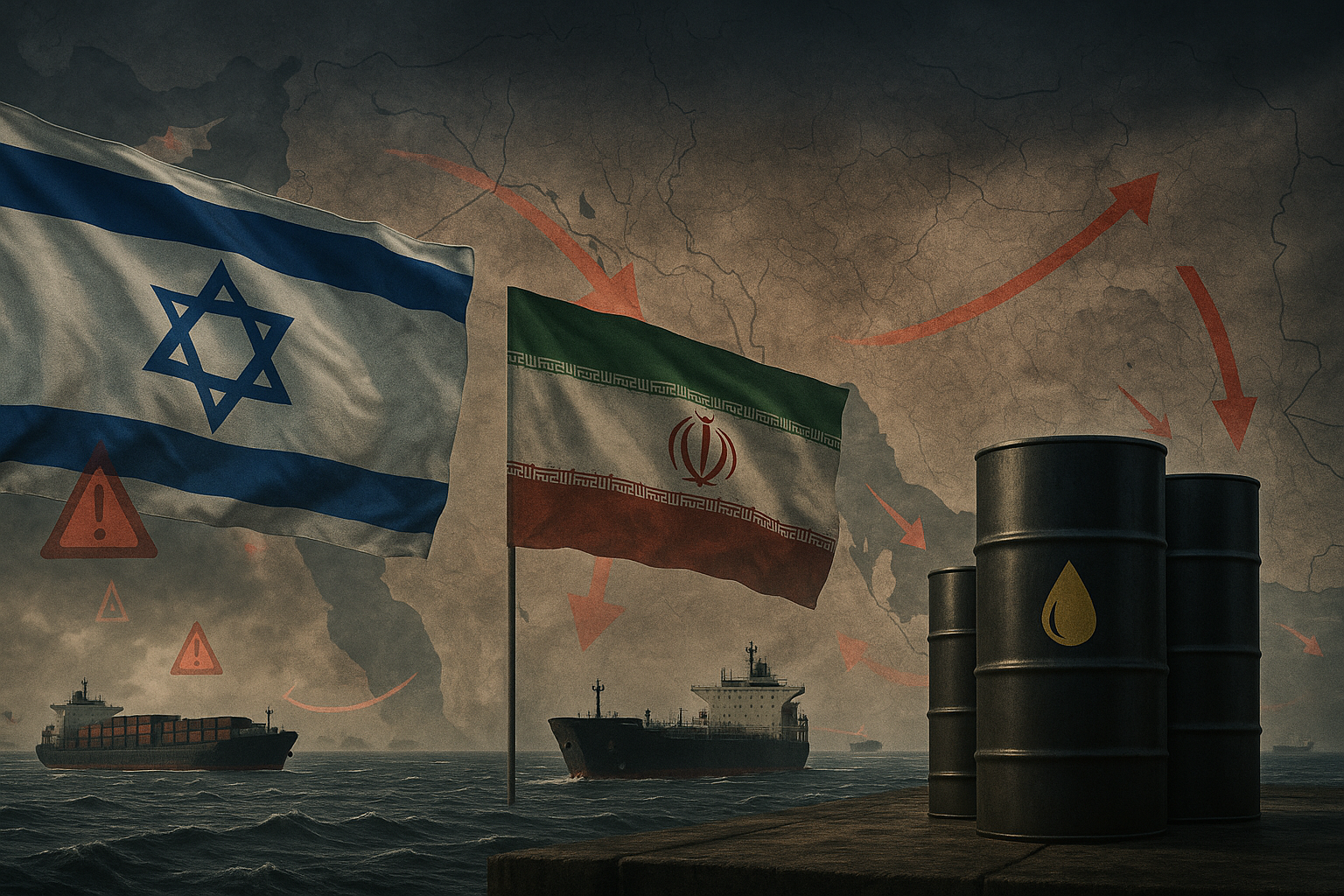Israel’s strike on key Iranian military and nuclear infrastructure, followed by Iran’s retaliatory drone attacks, has sent shockwaves across the region, raising pressing questions about security, trade routes, and economic stability. The attack, reported to have targeted nuclear facilities such as Natanz, prompted a national emergency in Israel, while the International Atomic Energy Agency noted no increase in radiation based on Iranian reports.
In the wake of the incident, economist Eldeniz Amirov shared his forecast with Azernews on how this confrontation might impact the wider region and Azerbaijan’s economy.
"Israel's attack on Iran could drastically change the situation in the region," Amirov said. "These impacts can be assessed both in terms of the general security environment in the region, transport corridors, import-export balance, oil prices, and possible migration flows."
He noted that although concerns are high, Azerbaijan’s exposure to immediate disruption is relatively limited, particularly in relation to the North-South transport corridor.
"I do not see any immediate serious economic risk on the North-South Corridor. Because the infrastructure on the Iranian side is not yet fully completed, and this route has not yet been operating at full capacity. Some time ago, an explosion destroyed the main port."
Providing context to current trade dynamics, Amirov added:
"In 2024, the Azerbaijan-Iran trade turnover was $647 million, of which $633 million was Iranian exports. That is, we have imported this much. Iran mainly exports fruits and vegetables, dried fruits, some medicines, plastic products, construction materials, and household appliances to Azerbaijan. Short-term delays and short-term price increases are possible in these areas, but not to the extent that they would undermine overall economic stability."
However, he warned of possible longer-term implications if the conflict escalates.
"If the conflict drags on, it is possible that humanitarian and economic flows from Iran to Azerbaijan, especially those of entrepreneurs and civilians whose businesses have collapsed, will increase. On the one hand, this could create increased consumption and pressure on social services, and on the other hand, it could create new labor resources and opportunities for economic integration."
Amirov also noted that the demographic shift may have secondary economic consequences.
"In such cases, especially against the background of the tendency of Iranian citizens to live in Azerbaijan for a long time, an increase in demand in the property market and an increase in real estate prices may be observed."
Finally, he concluded that the broader regional and global economic consequences should not be discounted.
"A prolonged conflict can change the trade plans of the countries of the region and oil prices on the world market. Therefore, much will depend on the duration and scale of the situation."

